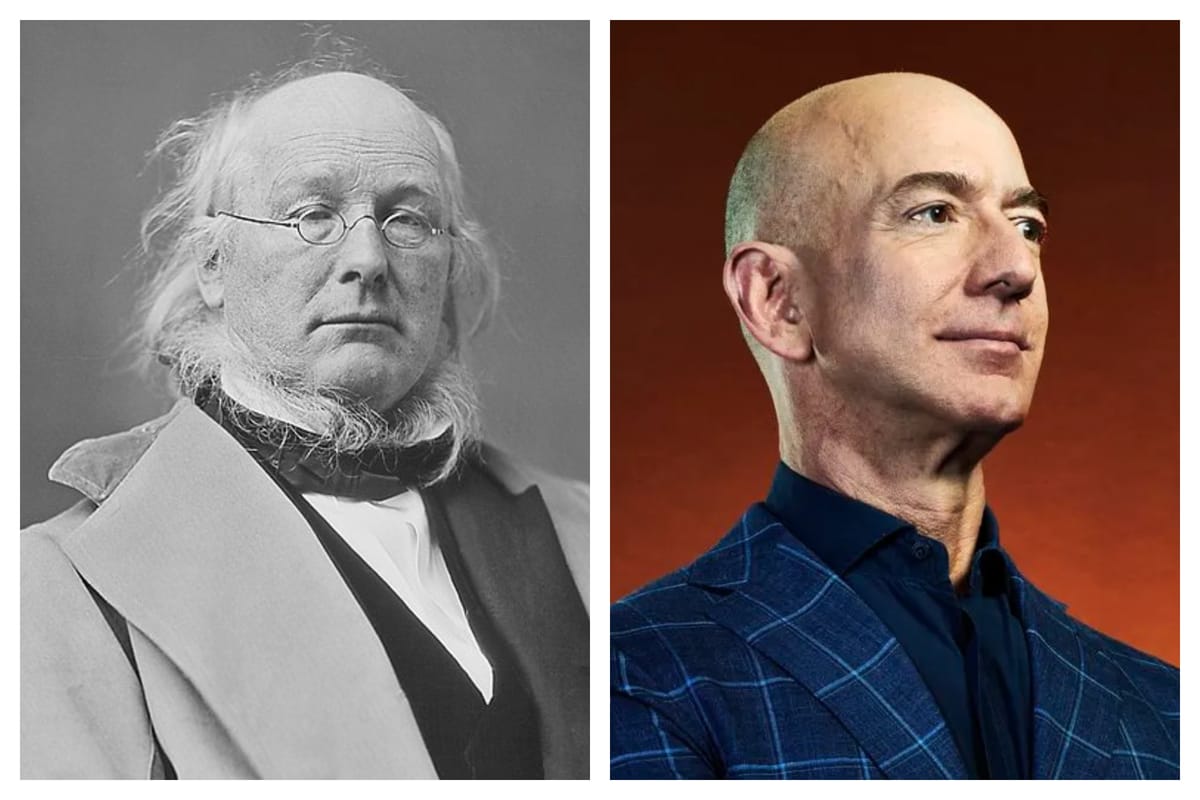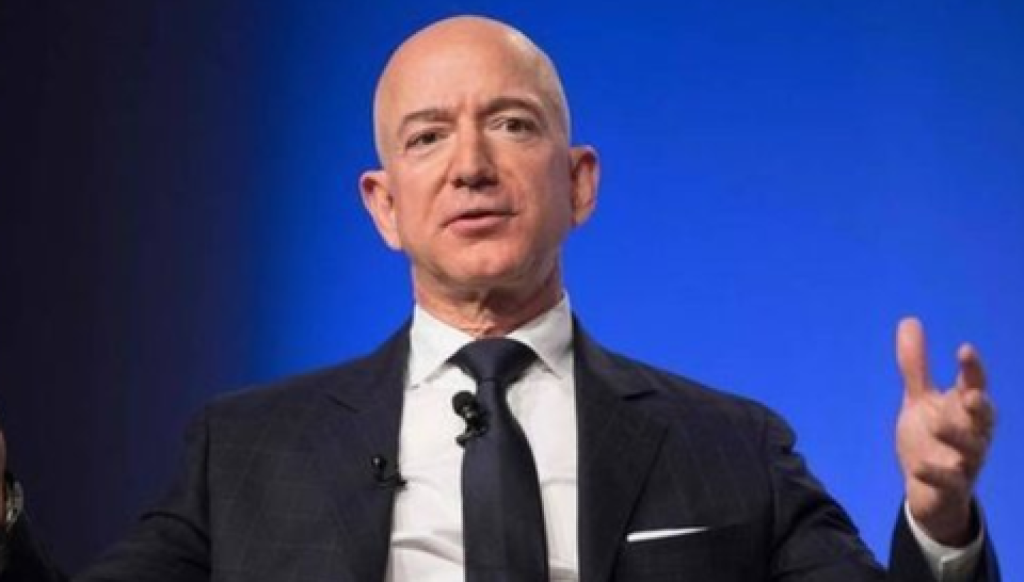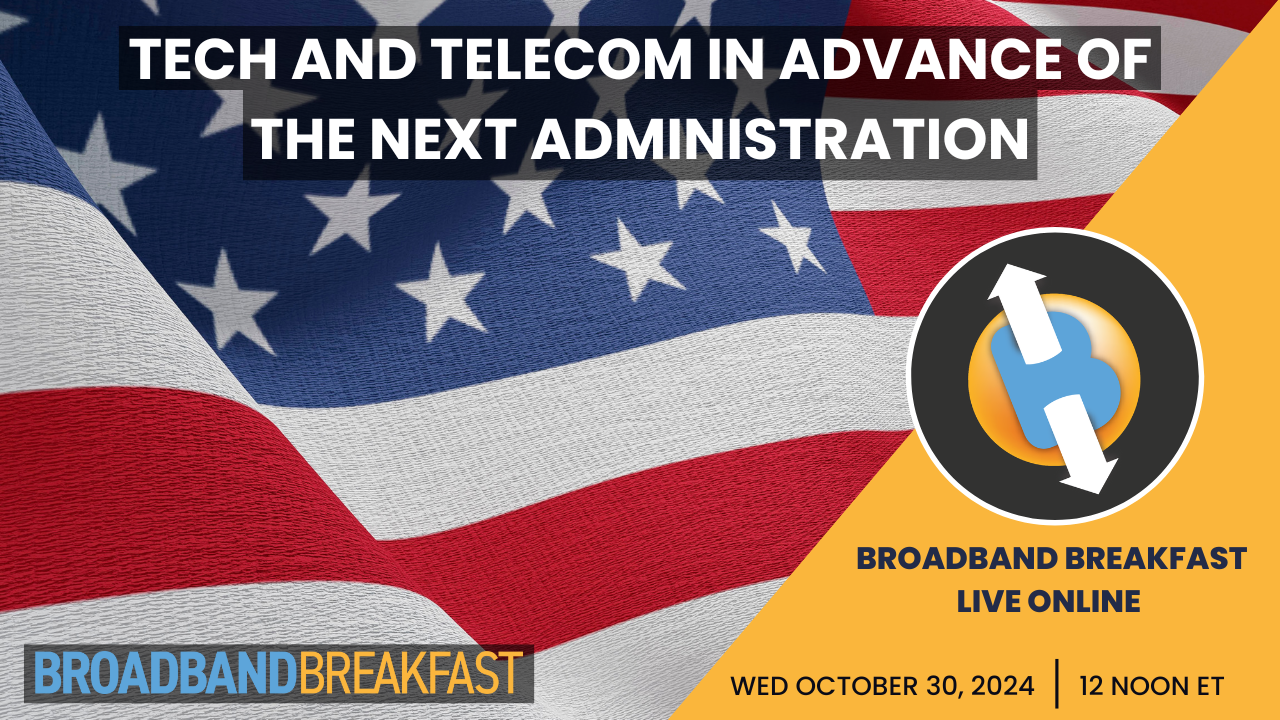The Life and Death of an American Newspaper
Will the 'reality-based community' fostered by journalism also fall prey?
Drew Clark

One way to look at the Washington Post's decision not to endorse a presidential candidate is that it is part of a culture of fear that might be setting in upon America: What might Jeff Bezos, the newspaper's owner, have lost to Donald Trump if he had not backed down from endorsing Kamala Harris?
Less than one week before Election Day 2024, we are not clearly seeing the moment we are in. That's because we are in the moment. The act of democracy in which we are participating has not yet played out. We will see better when we are on the other side.
But here is one thing that independent observers can clearly see: You can't have a newspaper (or any other form of "journalism," properly called) without having principles and beliefs, even if it means upsetting some of your total addressable market, some of the time.
Threats and changes to journalism
On my bedside table are a number of books I am reading. One of them is Richard Kluger's The Life and Death of the New York Herald Tribune, a storied newspaper originally founded by Horace Greeley that shaped for decades what it meant to be a journalist in America. (It folded in 1966.)
Kluger explores the role of significant role of moral convictions in shaping the identity of the paper, and argued that editorial stances were crucial to a newspaper's institutional identity. These stances help define a newspaper’s character and its relationship with readers. Greeley's New York Tribune supported abolitionism and workers' rights, attracting readership sympathetic with those values, contrasting with more conservative newspapermen's viewpoints.
Yet in his book, Kluger also discusses the tension between advocacy and the journalistic norm of objectivity, and how his newspaper strove to maintain credibility through objective reporting while also influencing public opinion through editorials.
Neither aspect—editorial conviction nor objectivity—was inherently more important than the other; Rather, the strength of a newspaper is found in its ability to effectively manage the interplay between these elements.
Will journalism die, too?
As with the Herald-Tribune, newspapers die – as do social media platforms like Twitter. Bezos has shown himself no Horace Greeley.
And, 11 years into his ownership of the Post, another part of that storied newspaper may well have died this week.
 Broadband BreakfastAri Bertenthal
Broadband BreakfastAri Bertenthal
But Bezos is hardly alone in being unwilling to combine Greeley's willingness to advocate by taking a stance and continuing to write editorials. The other part of that equation is equally important: To seek credibility through fact-based reality, which is in increasingly short supply on social media platforms.
Another book on my bedside table is The Constitution of Knowledge: A Defense of Truth by Jonathan Rauch. His 2021 book is multi-part analysis of the epistemic crisis in our country, the multi-front challenge to distinguish fact from fiction and elevate truth above falsehood.
In this quest, scientist and academics, journalists and statisticians, lawyers and intelligence analysts play a role – sometimes nobly, sometimes poorly – in the effort to arrive at knowledge and even truth.
Norms of journalism versus norms of social media
Rauch builds on his own experiences in journalism and contrasts the norms developed by newspapers over decades (by the Herald-Tribune and the Post among many others) with what gets prioritized by social media platforms:
- Instead of slowing down information by reviewing and testing it before passing it along, digital media rewarded instaneity and impulsivity.
- Instead of encouraging dispassion, digital media rewarded emotion.
- Instead of marginalizing ad hominem attacks, digital media promoted them.
- Instead of encouraging reputation accountability, digital media hid behidn anonymity.
- Instead of privileging professionalism, digital media elevated amateurism and celebrity.
There is much more to Rauch's analysis, including a very informative discussion about why some digital media experiments like Wikipedia have in fact promoted what Rauch calls the "reality-based community."
Where does journalism go from here?
If the souls of newspapers die, what becomes of the spirit of journalism?
The actual printed newspaper, as a mass market vehicle, is not going to be around much longer. But "newspapers," or "news organizations," will be. Broadband Breakfast, founded in 2008 as a "digital first" organization, is very much of a news community. We exist to bring people together, and to report fairly and accurately on, the politics of infrastructure and technology. You might call the organizing principle one of better broadband, better lives.
Rauch lays out some of types of things that a digital media entity must be:
"It is a platform, which is to say an open form, for user-provided content.... It is also a community, and communities implode if sociopathic behavior runs amok. It is a business, and business become unsustainable if they turn toxic to their customers or the society around them. And it is a publisher, packing and distributing content to audiences whose attention it sells to advertisers, just as conventional publishers do."
Broadband Breakfast sees itself - as I imagine Greeley would see himself - in the combination of an "open forum," a business need, pure human engagement and, yes, principled editorial stances.
It may not come in the traditional packaging, but digital journalism, social media, online publishing – whatever it's called – can't shed its soul and still stay alive. The role of technology and internet service in what comes next is, of course, the project of this publication.
And – as someone who is part of this community – at this time, I invite you to participate in this discussion at this time.
Join us on Broadband Breakfast Live Online, Wednesay at 12 Noon ET:
 Broadband BreakfastBroadband Breakfast
Broadband BreakfastBroadband Breakfast
Join us for a special interactive town hall exploring the critical issues that will shape America's digital future as we prepare for the next presidential administration. Drew Clark, CEO and Publisher of Broadband Breakfast, will lead a dynamic discussion about our upcoming conference, "Broadband in the Next Administration," taking place December 12, 2024, in Washington, DC. We'll dive into key topics such as the future of the BEAD program, FCC’s spectrum authority, the Affordable Connectivity Program, net neutrality, and more!









Member discussion